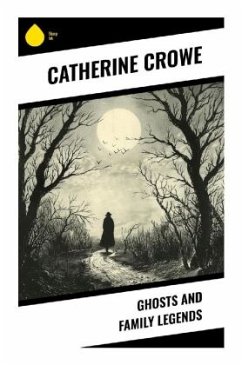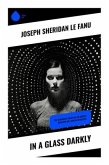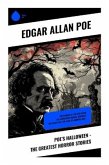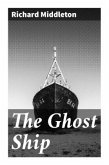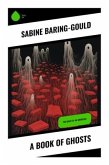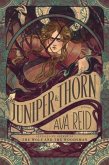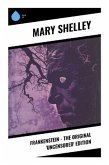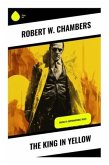In her seminal work "Ghosts and Family Legends," Catherine Crowe explores the intricate relationship between the supernatural and familial narratives in Victorian England. The book intertwines rich storytelling with Gothic elements, offering readers an evocative blend of personal anecdotes, folklore, and cultural critique. Crowe's literary style is characterized by its vivid descriptions and an engaging, yet analytical voice that invites readers to ponder the significance of ghost stories within the family context, as they mirror societal fears and aspirations of the time. The collection serves as both an anthology of spectral tales and a commentary on the formative power of legend in shaping familial identity. Catherine Crowe, a notable figure of the 19th century, was influenced by her own experiences of loss and the societal fascination with the Gothic and the uncanny. Born to a family steeped in storytelling, her upbringing was marked by a rich oral tradition that explored both the mundane and the mystical. As an author and playwright, Crowe's interest in the supernatural not only stemmed from personal grief but also from the broader cultural phenomena of the time, including the rise of spiritualism and a burgeoning interest in the psychological dimensions of fear. "Ghosts and Family Legends" is a compelling read for anyone intrigued by the intersections of literature, legend, and the human psyche. Readers will find Crowe's work not only an enjoyable collection of ghostly tales but also a profound examination of how such narratives influence familial bonds and cultural identity. This book is essential for scholars, enthusiasts of Gothic literature, and those seeking deeper understanding of Victorian societal norms and their lingering echoes in contemporary discourse.
Bitte wählen Sie Ihr Anliegen aus.
Rechnungen
Retourenschein anfordern
Bestellstatus
Storno

